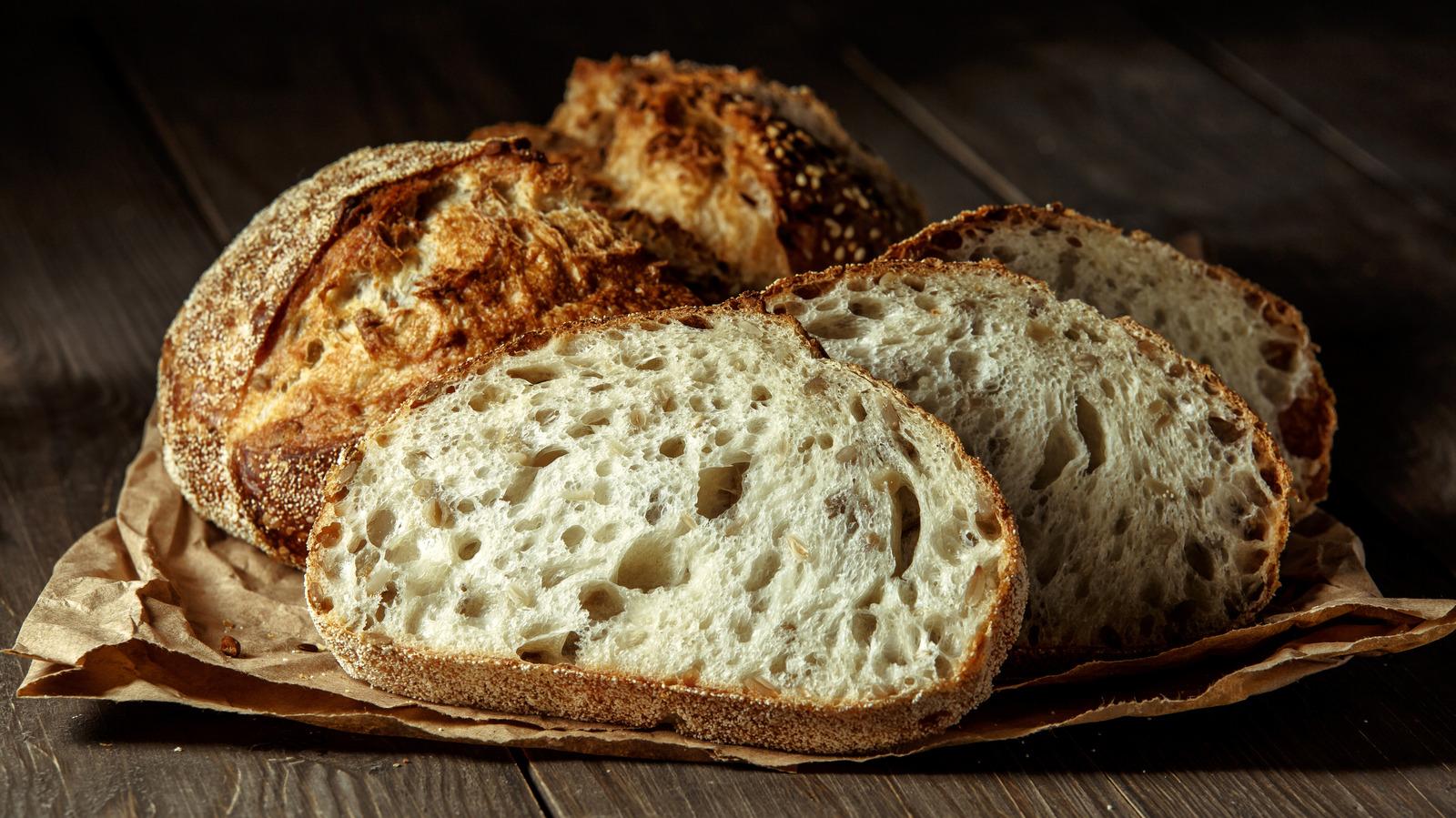Sourdough: A Bread Tradition With Benefits

Bread has long been a staple food that provides sustenance around the world. While many mass-produced breads now fill grocery store shelves, one tradition stands the test of time - sourdough bread. Made through a process of nurturing wild yeasts and lactic acid bacteria in a starter, sourdough bread carries notable health benefits and a rich history worth preserving.
The Origins and History of Sourdough Bread
Sourdough bread making predates recorded history, with some of the earliest evidence of leavened bread dating back to ancient Egypt around 850 BC. The method likely spread throughout Europe and other parts of the world through trade routes. Early bakers recognized that maintaining a sourdough starter, a mixture of flour and water left to ferment, could produce light and airy loaves without the use of commercial yeasts.
Sourdough culture would be refreshed with more flour and water and kept alive indefinitely by regular feedings. Distinct regional versions evolved depending on available grains and microflora. For example, Russian and French breads developed signature tastes from the cultures nurtured in their environments over centuries. Sourdough bread accompanied pioneers travelling west across North America in covered wagons. Today, the tradition carries on worldwide, gaining new popularity for its healthful properties and rich texture.
The Science Behind Sourdough Fermentation
What sets sourdough apart from other leavened breads lies in its method of fermentation. Commercial yeast is a single species of fungus that produces carbon dioxide bubbles to cause bread dough to rise. Sourdough uses the natural yeasts and bacteria already present on grains to carry out a long, slow fermentation.
Two microorganisms work symbiotically in the sourdough starter - various yeasts which eat sugars and produce carbon dioxide and alcohol, and lactic acid bacteria which consume alcohol and lactate, yielding lactic and acetic acids. As these acids accumulate over many feedings of the starter, they select for hardier, acid-tolerant microbes, giving each culture its signature biochemistry.
During this extended fermentation of 12-24 hours or more, beneficial probiotic bacteria multiply and produce short-chain fatty acids, vitamins, and enzymes that impart sourdough's distinctive tang and boost its nutritional value. Complex carbohydrates slowly break down into simpler, more digestible forms. Researchers believe this process may enhance the bioavailability and stability of nutrients in sourdough bread.
The Health Benefits of Sourdough Bread
Several compelling studies now point to real health benefits from the sourdough method compared to commercial yeast breads:
- Fiber content is increased through the prolonged fermentation process, adding bulk and helping intestinal regularity.
- Important B vitamins like niacin, riboflavin, and folate are produced or have higher bioavailability in sourdough bread than other breads.
- Sourdough's probiotic lactobacilli may improve gut health by colonizing the digestive tract and crowd out pathogenic bacteria. Regular consumption is linked to a reduced risk of bowel diseases.
- Resistant starch content is higher in sourdough, acting as a prebiotic fuel for beneficial gut bacteria. This may improve blood sugar control over time.
- Sourdough fermentation may break down gluten proteins more fully than other methods, making them easier to digest and posing a lower risk of adverse reactions even for gluten-sensitive individuals.
Preserving and Enjoying Artisanal Sourdough Worldwide
With so much promise surrounding its health attributes, initiatives around the world aim to preserve sourdough bread traditions. Artisan bakers in Europe are working to gain more sourdough varieties protected status indications of origin under European Union law.
In America, the Bake With Sourdough collective connects communities with local bakers passionate about keeping traditional methods alive. Home bakers share starters around the globe online, preserving variations. With awareness rising, more arerediscovering sourdough's deliciously textured loaf, full of history in every slice.
From ancient times sustaining civilizations to modern research validating its wellness legacy, sourdough endures as one of our oldest food art forms. With care and regular feedings, a sourdough culture indefinitely preserves the microbial partners that make this bread so wonderfully distinct, passing their gifts to future bakers and bread lovers for generations to come.
Get More Insights On This Topic: Sourdough
- Art
- Causes
- Crafts
- Dance
- Drinks
- Film
- Fitness
- Food
- Games
- Gardening
- Health
- Home
- Literature
- Music
- Networking
- Other
- Party
- Religion
- Shopping
- Sports
- Theater
- Wellness
- IT, Cloud, Software and Technology


